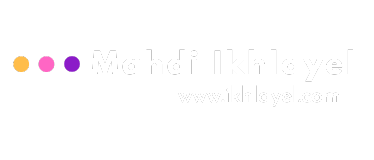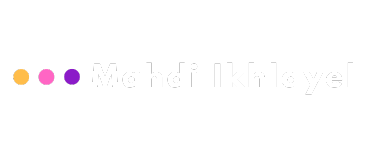A proposal for Indicators to Assess the Progress of Transition from Liner to Circular Economy
IKHLAYEL, M. & HASHIMOTO, S. 2018. A proposal for Indicators to Assess the Progress of Transition from Liner to Circular Economy. The 14th Meeting of the Institute of Life Cycle Assessment (ILCAJ). Kyushu, Japan.
The concept of the circular economy (CE) is a trending topic, and it has been a proliferation of scholars, practitioners, industry, and policymakers (Kirchherr et al., 2017; Merli et al., 2018). CE aims to overcome the prevalent take-make-use-dispose linear pattern of production and consumption. A circular pattern put back the value of resources and materials, utilizing them in the economy as long as possible; advocating reduced primary resource extraction in favor of secondary (Merli et al., 2018). This article explores three major concepts of CE: the economic, environmental, and social aspects and synthesizing the relationship between them. It aims to (1) review and classify the CE and resource efficiency (RE) indicators in the literature, (2) propose a CE set of indicators to measure how close or far countries and industries from the transition from the liner economy to the CE, and (3) develop a conceptual framework for CE assessment. Regarding the environmental aspect, this article discusses the multiple environmental elements associated with CE. By focusing on Life Cycle Assessment (LCA), as a widely employed decision-making method, this article provides in-depth insights on how LCA can be applied regarding these three objectives.
References
Kirchherr, J., Reike, D., & Hekkert, M. (2017). Conceptualizing the circular economy: An analysis of 114 definitions. Resources Conservation and Recycling, 127, 221-232. doi:10.1016/j.resconrec.2017.09.005
Merli, R., Preziosi, M., & Acampora, A. (2018). How do scholars approach the circular economy? A systematic literature review. Journal of Cleaner Production, 178, 703-722. doi:10.1016/j.jclepro.2017.12.112

